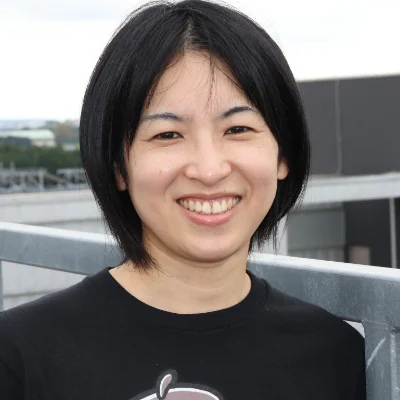Basic information

Yuri Kimura
-
Department
-
Department of Paleontology and Anthropology, Division of Evolutionary Paleobiology
-
Degree
-
Doctor of Philosophy
-
E-mail
-
ykimura@kahaku.go.jp
-
Information
Research Field
Vertebrate Paleontology
(especially, Cenozoic small mammals from Asia)
Research Contents
I seek ecological and evolutionary biological applications of fossil mammal communities as my fundamental research interests. My current research interests are evolutionary responses of morphological traits (adaptive change, evolutionary rates, speciation) and dietary evolution to ecological and climatic change; roles of resource competitions on morphological adaptations between closely-related species or between distantly-related species, using biogeochemical and paleontological tools. For these interests, I focus on fossil rodents as research materials because the nature of fast evolutionary rates due to short life of rodents, in addition to occupation in a wide diversity of ecological niches, makes themselves ideal materials for my ecological research interests.
Featured articles
https://therockrecord.wordpress.com/2016/05/30/meet-dr-yuri-kimura/(リンクを新しいタブで開きます)
Working experience
| 2021 | Senior Curator of Vertebrate Paleontology |
| 2015 | Curator of Vertebrate Paleontology (Terrestrial Fossil Mammals), National Museum of Nature and Science, Japan |
| 2014 | Buck Fellow, Smithsonian Institution, National Museum of Natural History, USA
|
| 2013 | Postdoctoral fellow, Southern Methodist University, USA.
(July to August) Visiting Postdoctoral fellow, Harvard University, USA. (October to May) Visiting Postdoctoral fellow, University of Utah, USA. |
| 2013 | Doctor of Philosophy, Geology, Southern Methodist University, USA. |
Activities in academic conferences
Society of Vertebrate Paleontology
Paleontological Society of Japan
The Mammal Society of Japan
Comments
Small mammal fossils may not be as cool as dinosaurs, but each of the tiny fossils can be a key to uncovering exciting scientific findings.
Come to our museum to share the excitement with our vertebrate paleontologists.